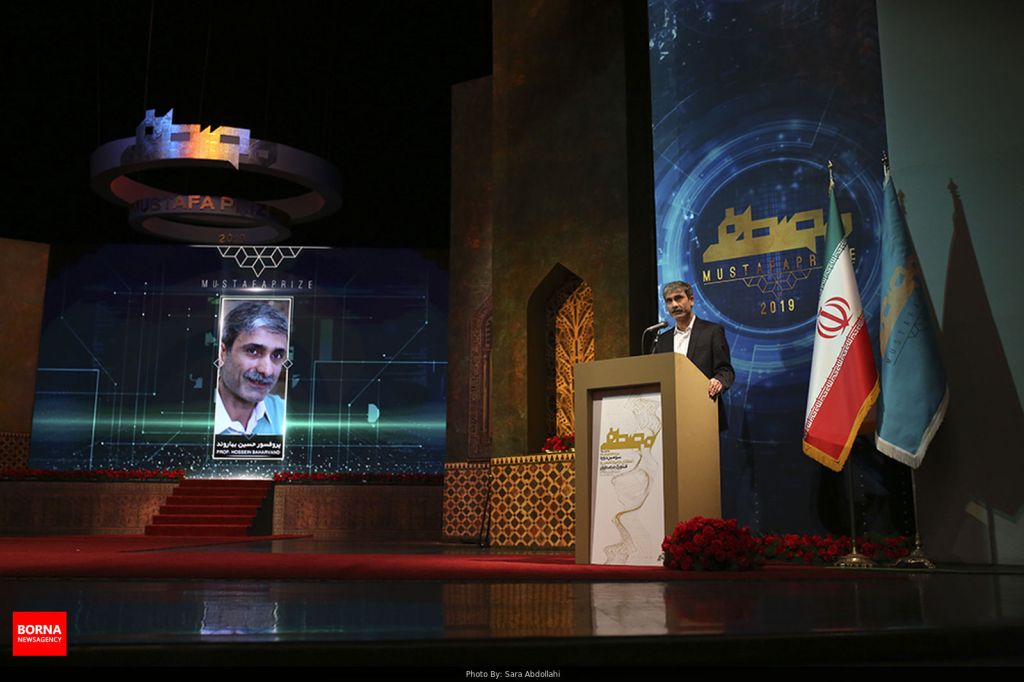A 2007 paper published in Science — in which I found image irregularities back in 2015 — has finally been retracted. For five long years, the journal took no action. But after I tweeted about the case, it eventually acted.
Continue reading “Science paper from Dutch top-institute retracted”Month: November 2020
Troubles with VSELs
A stem cell research group at the University of Louisville, Kentucky — famous for apparently discovering an exciting new class of stem cells — could be facing new troubles.
Although the work of Mariusz Ratajczak was supported through large NIH and Vatican grants, no other lab could replicate his findings on very small embryonic-like stem cells (VSELs).
And now, 28 papers from the Ratajczak lab are listed on PubPeer for image duplication and textual similarity concerns.

March 2022 update: No misconduct found
The University of Louisville sent their final decision – dated July 29, 2021 – to me today – March 23, 2022 (shared here with permission).
“The University of Louisville found there was no research misconduct. The institution followed its established, thorough, and robust process and made no findings of research misconduct against Dr. Ratajczak associated with any of the allegations, including all the allegations that continue to persist publicly on the internet. ”
Continue reading “Troubles with VSELs”Researcher photoshops his name onto a Nature Communications paper
Here’s a novel way to boost your resume: photoshop your own name onto a paper written by another research group. Then pin it to your Twitter profile and claim it as your own paper.

“Nanomedicine: Nanotechnology, Biology and Medicine” wins third “This Image Is Fine” Award
When it comes to image integrity, all papers are equal. But some papers appear more equal than others. A 2017 paper published in Elsevier’s journal Nanomedicine: Nanotechnology, Biology and Medicine that included an image with lots of repetitive elements was not retracted, but instead received only a very mild correction for “an inadvertent mistake for Figure 3,B” (sic). One of the senior authors also happens to be an Associate Editor of the journal, raising questions about whether the investigation could have been carried out in an objective way.

46 papers from a Royan Institute professor
The Royan Institute in Tehran, Iran was initially founded in 1991 as a research institute for infertility treatments. It now consists of three research institutes, one of which is the Royan Institute for Stem Cell Biology and Technology (RI-SCBT), which was founded in 2002 by Hossein Baharvand, its director.
Professor Hossein Baharvand has received many national and international awards, including three Razi research awards, the 2014 UNESCO-Equatorial Guinea International Prize for Research in Life Sciences, a 2019 TWAS Prize, and the 2019 Mustafa Prize. He has an H-index of 57, with nearly 400 papers on PubMed. And, as of today, 46 of those papers have PubPeer comments because of image concerns or undisclosed conflicts of interest.
TL:DR: Excel spreadsheet – PDF version

